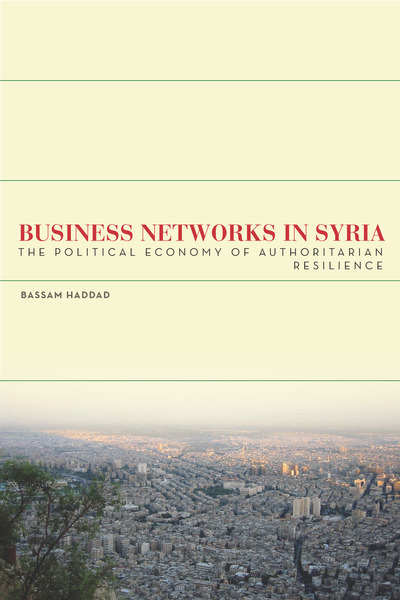This past Thursday, GTTAC had the opportunity to hear from Bassam Haddad on the topic of the Syrian uprising in 2011, as well as the prospects for future stability, which is bleaker than most will imagine.
Bassam Haddad is Director of the Middle East and Islamic Studies Program and Associate Professor at the Schar School of Policy and Government at George Mason University. He is the author of Business Networks in Syria: The Political Economy of Authoritarian Resilience (Stanford University Press, 2011) and currently working on two book projects: his second book on Understanding The Syrian Tragedy: Regime, Opposition, Uprisings (Stanford University Press, 2019-2020) and a co-edited volume on A Critical Political Economy of the Middle East (Stanford University Press, 2019). Bassam serves as Founding Editor of the Arab Studies Journal and the Knowledge Production Project, as well as the Middle East Pedagogy Initiative (MESPI). He is co-producer/director of the award-winning documentary film, About Baghdad, and director of the series Arabs and Terrorism. Bassam is Co-Founder/Editor of Jadaliyya Ezine and Executive Director of the Arab Studies Institute. He serves on the Board of the Arab Council for the Social Sciences and is Executive Producer of Status Audio Magazine. Bassam is Co-Founder and Editor of the Salon Syria Project.

The litany of issues that contributed to the Syrian uprisings were an intersection of authoritarian political oppression, faulty economic policies that failed the middle and lower classes, and a cascading series of false-steps forward that gave the Assad regime the appearance of modernization, without actually letting go of any power. How Syria’s authoritarian state survived the ensuing civil war was merely a question of which of many lesser evils the Syrian people will support to survive, however, how Syria will rebuild and fully come to peace, remains a bleak and deafeningly unanswered question.
